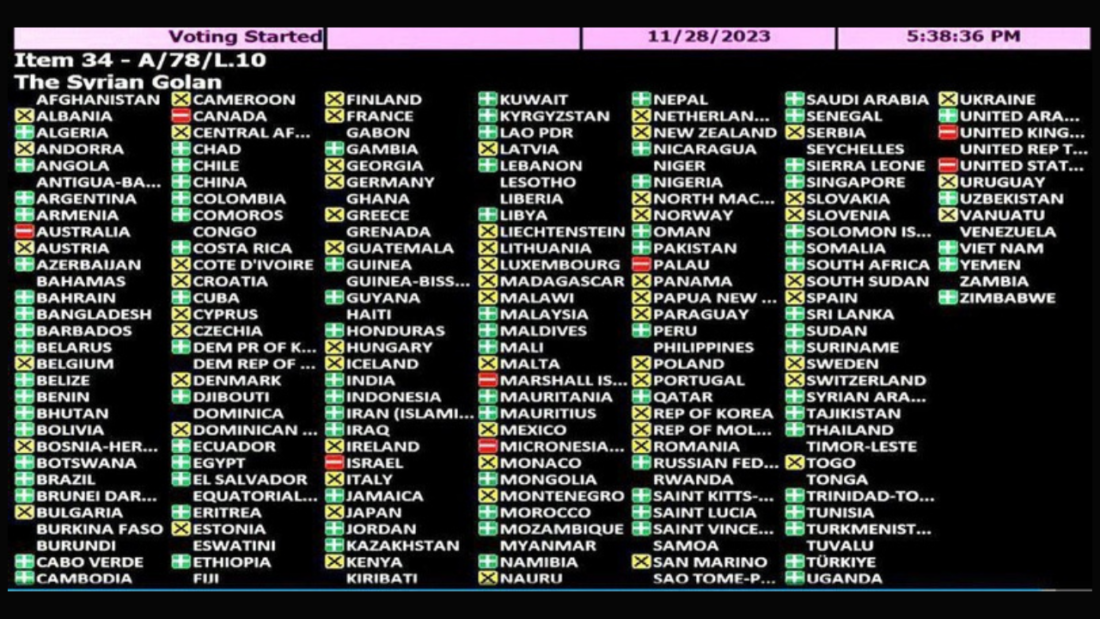
AKEL on the climate change agreement concluded in Paris
Statement of the Environmental Affairs Bureau of the C.C. of AKEL
AKEL C.C. Press Office, 16th December 2015, Nicosia
 As AKEL, we can only express our concerns about the agreement reached in Paris on climate change.
As AKEL, we can only express our concerns about the agreement reached in Paris on climate change.
The objective of the meeting of 195 countries was to achieve a legally binding agreement, so as to maintain the average temperature of the planet lower than preindustrial levels, something which was rejected before the start of the negotiations. The Paris meeting concluded with an agreement for voluntary national commitments.
It is doubtful that voluntary action plans by countries will manage to reduce their emissions to relatively safe levels, with regular assessments as the sole criterion. The only thing legally demanded is that the countries will meet once again in 2023, and subsequently every five years
As far as the provision of assistance to developing and poorer countries through a green fund is concerned, this was something that was expected to function as of 2010, when it was agreed back then at the Cancún summit, but it was never realized.
The Paris agreement condemns hundreds of millions of people who are living in low-lying coastal areas and small islands, given that the US negotiators managed to remove anything that was included and would enable the agreement to be used in order to assert the apportioning of legal responsibility for the climate change.
The market economy that puts profits over people is responsible for the indiscriminate use of natural resources, deforestation, for the increased emissions of greenhouse gases. This means that extreme weather phenomena will increase continuously, ice will melt faster, environmental refugees will multiply and the European countries will continue to export their expensive environmental technology to the poor countries of the South.
The attempts to solve the environmental problems with solutions that do not go beyond the current model of production and consumption are not feasible. The solution to the economic, social, political and environmental problems is an issue that is inter-connected and a collective effort is demanded in order to solve them through genuine commitments and changes in the production system.




